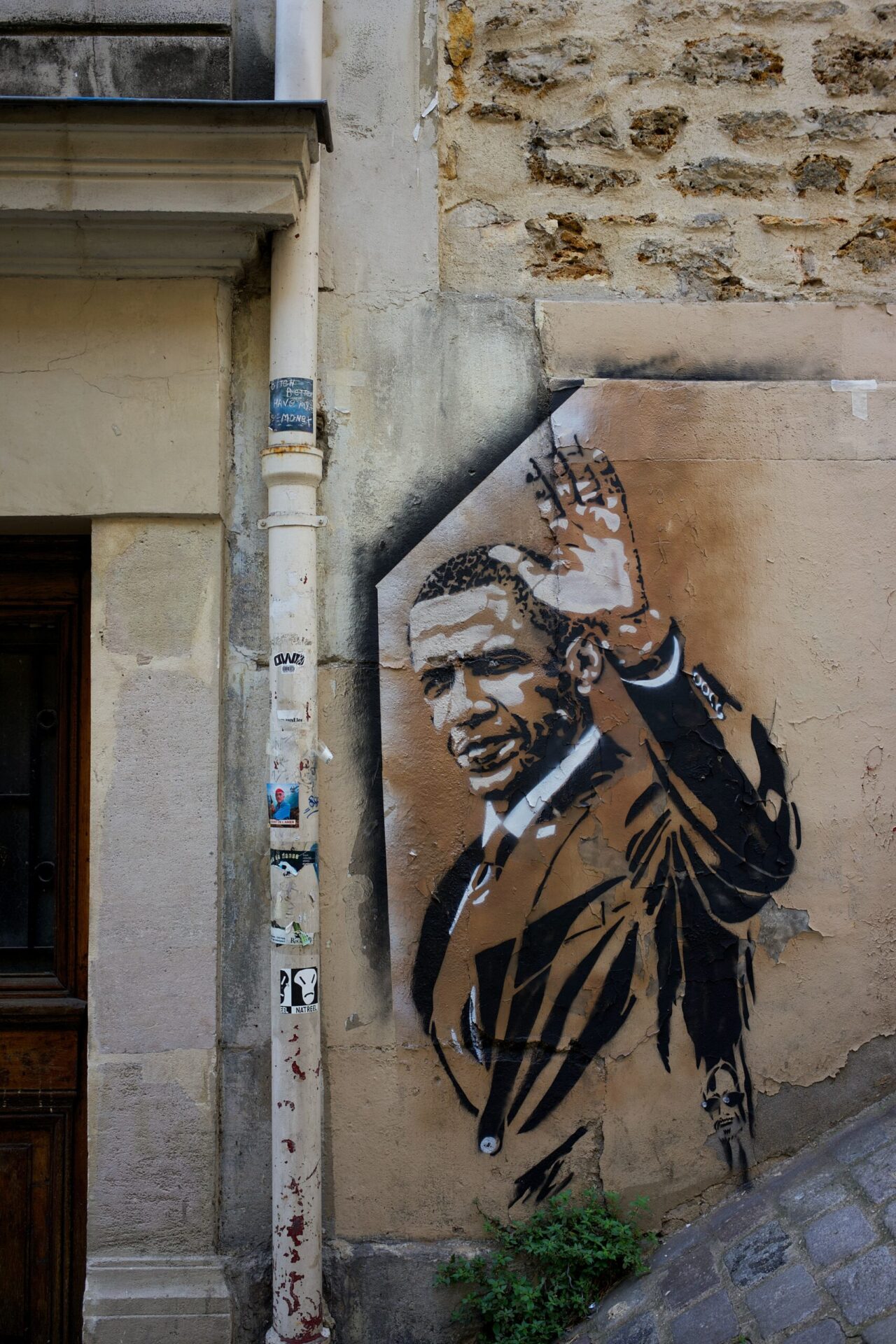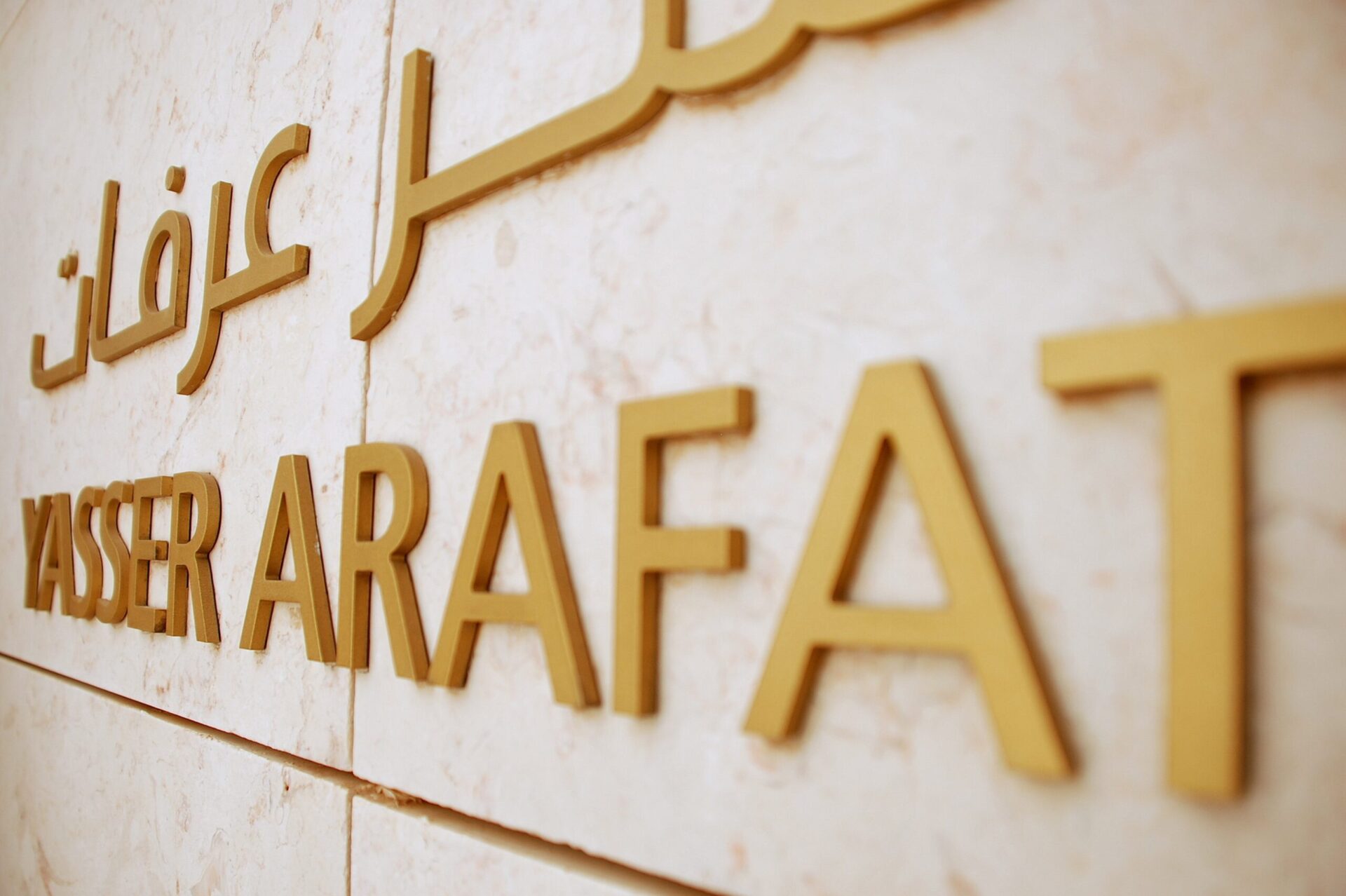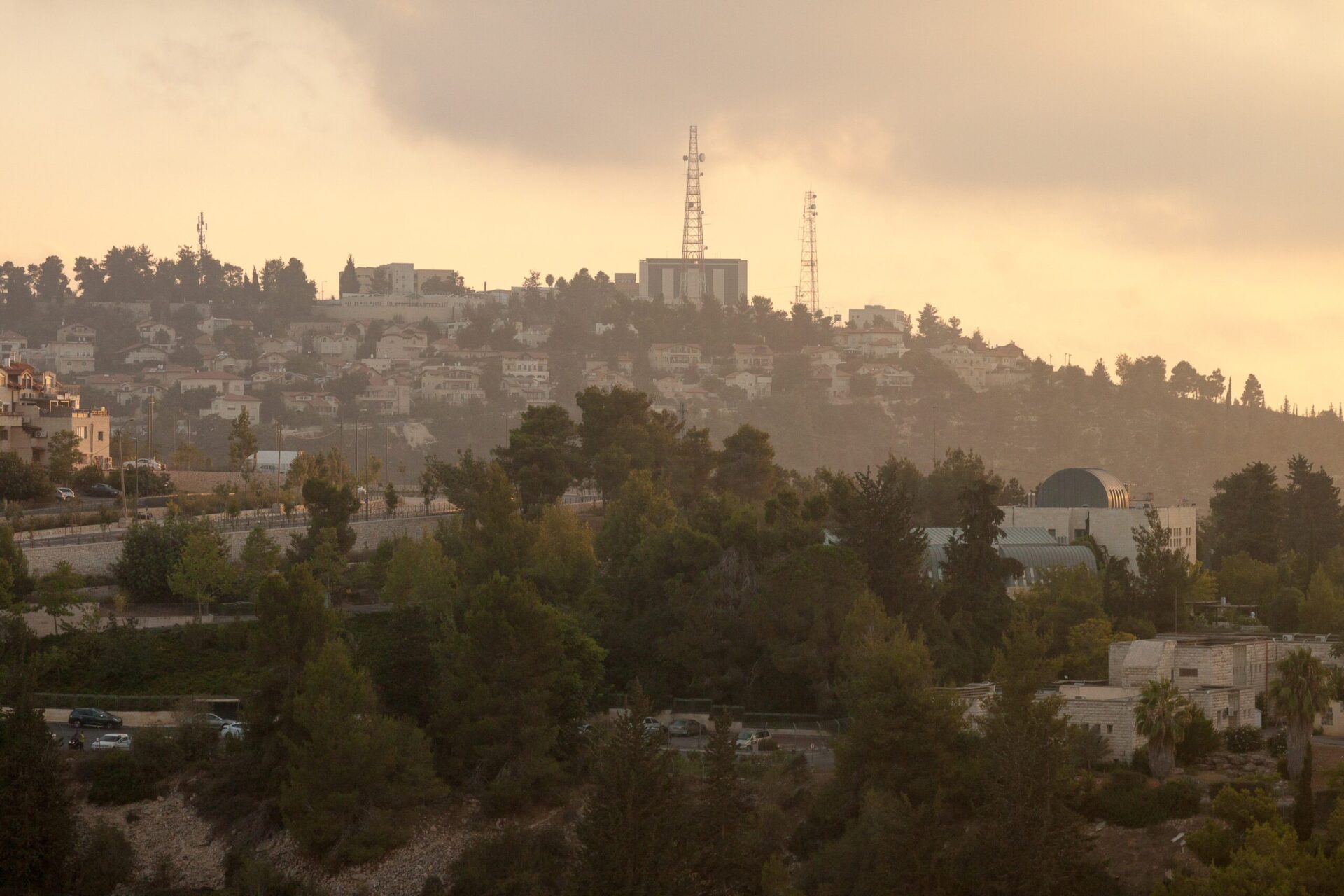(Huffington Post) – The Parliamentary vote to strike ISIS in the aftermath of the Paris attacks demonstrates that the globalised world of the 21st century does not afford us the luxury to relive an isolationist past. The US was shielded by two oceans and the UK was a distant island with foreign intervention being an arbitrary matter of moral conscience. Today’s increasingly networked reality and the erosion of borders in the Middle East causes global politics to be local and the security threats have increased at an exponential rate. Yet the question has been frequently asked about intervening in Syria was, ‘what has it got to do with us?’ Syria has led to one of the greatest refugee crisis of our time with terrorists able to conduct attacks within our shores. We have reached a stage in history where our security and strategic interests are aligned with humanitarian concerns. It is impossible and immoral to enjoy liberal democracy while abroad people are slaughtered by repressive regimes like the Assad regime or by sub-state terrorist groups like ISIS as it will come to haunt us as it did in Paris.
Targeting ISIS: A Security and Humanitarian Imperative
Fears of potential reprisals against Western targets if the US or Britain intervened in the Syrian crisis ignored the risk of terrorism due to the failure to intervene. Any environment hosting a vacuum of governance coupled with a totalitarian ideology that reinforces extreme poverty, serves to be a springboard for international terrorism, enabling the proliferation of conventional, chemical, biological and nuclear weapons. Radicals are attracted to that environment not only from impoverished and lawless areas, but from developed states. In areas like Libya, Mali, Afghanistan, Iraq and Syria they are indoctrinated with radical philosophies and receive the know-how to conduct terrorist activities when they return home to their Western states. Even if Islamists don’t travel abroad they are radicalized by the internet and social media posing a security risk. In Britain the number of attempted terror plots and suspects on the watch list has soared to the thousands since the advent of ISIS. Despite the security risks of Syrian refugees being low, it is impossible to effectively screen them.
Read Full Article: Huff Post
Barak Seener is the CEO of Strategic Intelligentia and a former Middle East Fellow at the Royal United Services Institute (RUSI). He is on Twitter at @BarakSeener.










